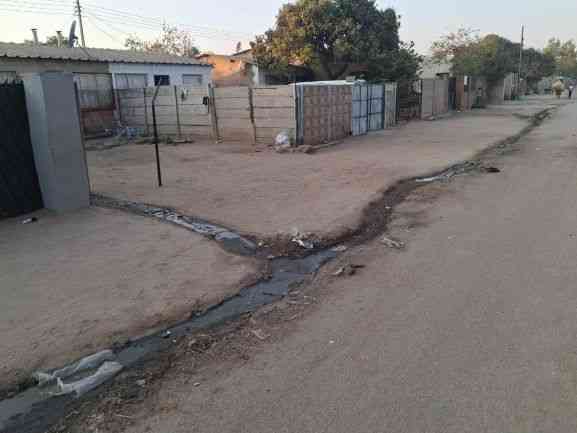
The recent burst sewer system in Kuwadzana, a high-density suburb of Harare, is a stark reminder of the city's crumbling infrastructure and the Harare City Council's failure to provide basic services to its residents.
Despite collecting rates from residents, the council has failed to maintain a functional sewer system, posing significant health risks to residents, especially young children who play in these areas.
The burst sewer system has turned roads into virtual canals, creating an environment conducive to the spread of communicable diseases like cholera, typhoid, and dysentery.
In fact, Harare has already been declared a hotspot for cholera cases, with Kuwadzana being one of the worst-affected areas.
The city's sewer system and water infrastructure are dilapidated, and the lack of effective waste management has exacerbated the situation.
The root causes of this crisis are multifaceted as reports suggest that mismanagement and corruption have plagued the Harare City Council, hindering effective service delivery.
Evidence indicates that the council is collecting a substantial amount of money from ratepayers, yet it fails to provide basic services, including clean water, sanitation, and waste management.
This raises serious questions about the council's accountability and commitment to serving its residents.
- Harare cancels Pomona waste deal
- Devolution gains remain a mirage
- Harare cancels Pomona waste deal
- Pomona saga: Harare handed shock US$750k ‘garbage’ bill
Keep Reading
It is imperative that the authorities take immediate and decisive action to address the root causes of this crisis.
In order to restore sanity to the Harare City Council, the following steps must be taken:
The council must prioritise effective management and accountability, ensuring that those responsible for mismanagement and corruption are held accountable.
The council must invest in infrastructure, including the replacement of outdated pipes and the upgrading of the sewer system, to prevent future bursts.
The council must improve waste management by regularly collecting garbage and implementing effective waste management strategies.
The council must provide clean water by ensuring access to clean and safe drinking water for all residents.
The situation in Harare's high-density suburbs is a humanitarian crisis waiting to unfold.
For that reason, residents deserve better than to live in fear of waterborne diseases and poor sanitation. It is important that the authorities take decisive action to address this crisis as well as for the Harare City Council to deliver on its promises, take its responsibilities seriously, provide basic services to its residents and its failure to do so, is a clear indication of its ineptitude.
- Clever Marisa (PhD) is a social scientist and public health practitioner. The views expressed here are his own and do not necessarily reflect the views of his affiliated institution or any organisation.











